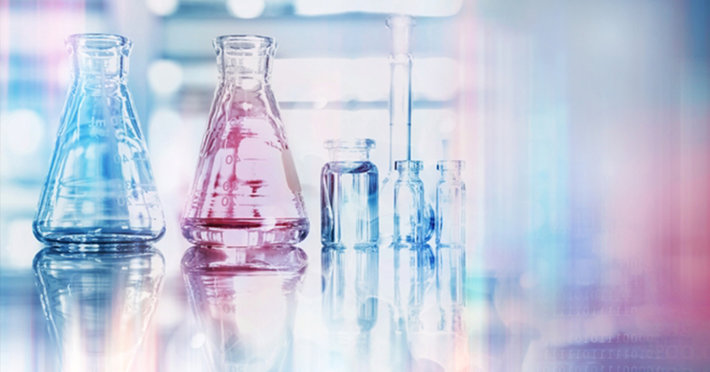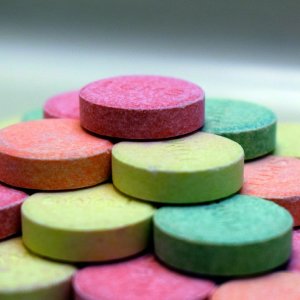Understanding New Psychoactive Substances (NPS): A Comprehensive Guide for Parents and Loved Ones

New psychoactive substances (NPS) are a growing concern for parents, educators, and medical professionals worldwide. These substances, also known as “designer drugs” or “legal highs,” are created to mimic the effects of existing illegal drugs, often with unpredictable and dangerous consequences. This comprehensive guide aims to help parents and loved ones better understand NPS, their effects, and the risks associated with their use, emphasizing the importance of staying informed and having open conversations about drug use and seeking help if needed.
What are New Psychoactive Substances (NPS)?
NPS are synthetic or naturally occurring substances that produce similar effects to existing illegal drugs, such as cannabis, cocaine, and ecstasy. These substances are designed to circumvent drug laws by slightly altering the chemical structure of existing drugs, making them technically legal until legislation catches up. NPS come in various forms, including powders, pills, capsules, liquids, and even impregnated paper.
Examples of Different Types of NPS
There are several categories of NPS, including:
- Synthetic cannabinoids: These substances mimic the effects of cannabis and are often sold as herbal smoking mixtures or in small, colorful packets. Examples include “Spice” and “K2.”
- Stimulants: These substances mimic the effects of amphetamines, cocaine, and ecstasy, often causing increased energy, alertness, and euphoria. Examples include “mephedrone” (also known as “meow meow”), “MDPV,” and “ethylone.”
- Hallucinogens: These substances mimic the effects of drugs like LSD and magic mushrooms, causing altered perceptions, hallucinations, and a sense of detachment from reality. Examples include “25I-NBOMe,” “2C-B,” and “DPT.”
- Depressants: These substances mimic the effects of sedatives like benzodiazepines and barbiturates, causing relaxation, drowsiness, and reduced anxiety. Examples include “etizolam,” “phenazepam,” and “methaqualone.”
- Opioids: These substances mimic the effects of drugs like heroin and morphine, causing pain relief, euphoria, and sedation. Examples include “fentanyl,” “U-47700,” and “MT-45.”
- Dissociatives: These substances mimic the effects of drugs like ketamine and PCP, causing a sense of detachment from reality and hallucinations. Examples include “MXE,” “diphenidine,” and “3-MeO-PCP.”
Effects of NPS
The effects of NPS vary widely depending on the specific substance and the individual using it. Some common effects include:
- Euphoria
- Increased energy and alertness
- Altered perceptions and hallucinations
- Relaxation and reduced anxiety
- Pain relief
However, NPS can also cause a range of negative effects, such as:
- Anxiety and paranoia
- Aggression and violence
- Nausea and vomiting
- Seizures
- Heart problems and high blood pressure
- Kidney and liver damage
- Respiratory issues
- Addiction and withdrawal symptoms
Risks Associated with NPS

The use of NPS carries several risks, including:
- Unpredictable effects: Due to the ever-changing nature of NPS, it is difficult to predict their effects, even for experienced users. This can lead to dangerous situations and severe health issues.
- Unknown ingredients: NPS are often produced in makeshift laboratories with little quality control, meaning users cannot be sure of what they are consuming. This can lead to accidental overdoses and poisoning.
- Legal risks: While NPS are often initially legal, they can quickly become illegal as legislation catches up. Possessing or distributing NPS can lead to criminal charges.
- Addiction and mental health issues: As with any drug, the use of NPS can lead to addiction and a range of mental health issues, such as depression, anxiety, and psychosis.
Staying Informed and Having Open Conversations
It is crucial for parents and loved ones to stay informed about NPS and the risks associated with their use. This includes:
- Regularly researching and staying updated on new substances and trends.
- Encouraging open and honest conversations with children and loved ones about drug use, without judgment or fear of punishment.
- Providing accurate information about the risks and effects of NPS.
- Explaining the potential legal consequences of using NPS.
- Encouraging children and loved ones to seek help if they are struggling with drug use or addiction.
Seeking Help if Needed
At Narconon Europe, our mission is to provide a comprehensive understanding of drug abuse and its effects, empowering individuals and their loved ones with knowledge and resources to address this issue. New Psychoactive Substances (NPS) are a growing concern worldwide. These “designer drugs” or “legal highs” are created to mimic the effects of existing illegal drugs, often leading to unpredictable and dangerous consequences.
Our comprehensive web page Signs and Symptoms of Drug Use aims to help you better understand drugs and NPS, their effects, and the risks associated with their use. We believe in the importance of staying informed and having open conversations about drug use. If you suspect that a loved one is using NPS or struggling with addiction, it is essential to seek professional help.
At Narconon Europe, we are here to assist you. Don’t hesitate to reach out to us for guidance and support. Remember, understanding and addressing NPS use is a collaborative effort between parents, loved ones, and professionals. By staying informed, having open conversations, and seeking help when needed, we can work together to reduce the risks and negative consequences associated with these substances.


